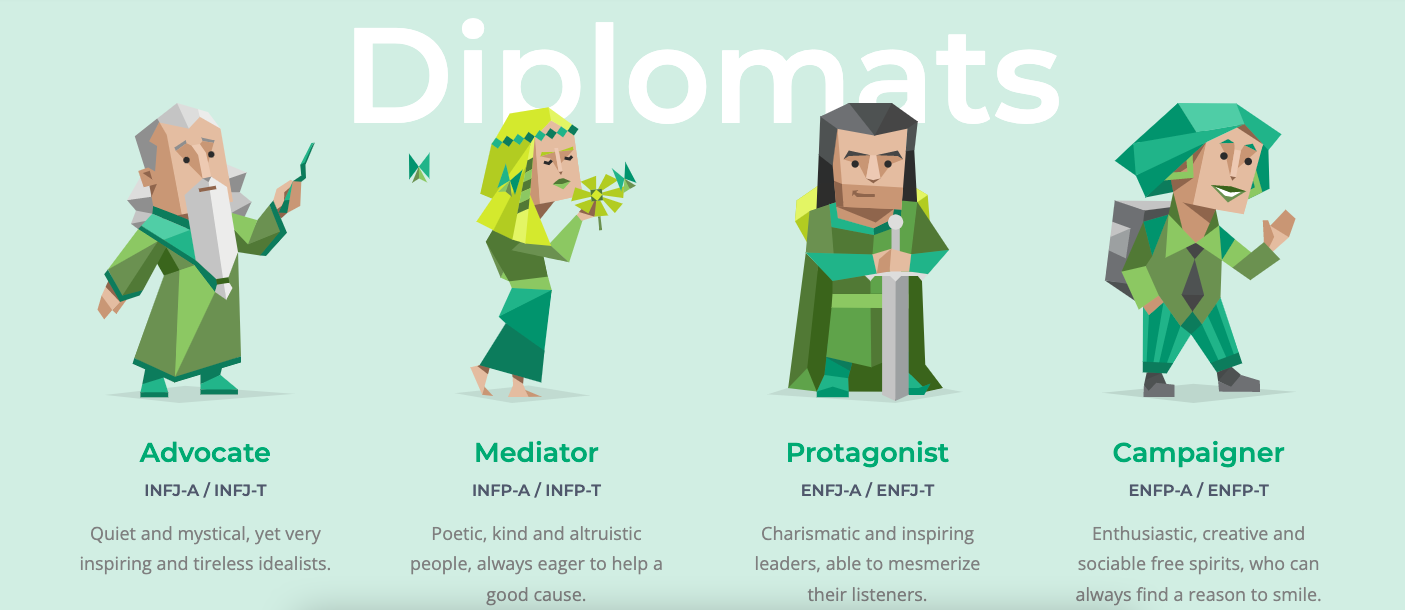This third preference pair describes how you like to make decisions. Where do you like to focus on? (Thinking): objective principles and impersonal facts, or personal concerns and the individuals involved (Feeling)?
Feeling and emotion should not be confused. Every person is affected by the decisions they make. Also, don’t mix intellect with thinking.
For certain decisions, everyone utilizes thinking, while for others, they use feeling. As a matter of fact, someone can decide using his or her choice and then test it using the other preference to discover what might have been overlooked.
T-Thinking
You should consider this while creating your goals if you approach decision-making objectively and firm-mindedly, with people first and problems second.
- A goal must be the consequence of a thorough thought process for intellectuals. Build this into your workflow since goals must represent the “best there is.” Allow time to consider before attempting to complete it on the spot.
- The what and how behind the aim are the “Ts.” What do you want to accomplish? What good will it accomplish? How will it fit into my daily routine?
- To be devoted to goals but not necessarily agree with them, “Ts” must be committed to them. You must be aware of this in order to avoid being taken off guard and agreeing to aims with which you disagree.
- Don’t forget to factor in the human aspect of the equation. Keep in mind that the goals you propose may have an impact on others.
F-Feeling
This is what you need to know about your goal-setting process if you approach decision-making in a subjective, fair-hearted, people-first-problem-second manner.
- Goals must demonstrate care for others, not just for themselves, for feelers. Feelers want the best for everyone, and sometimes the best for themselves. There’s a specific caution to take when setting objectives that someone else wants you to establish just because they’ll benefit him or the department. Your objectives must also be in line with your desires and needs.
- Take nothing personally. Don’t take it personally if your employer criticizes or analyzes your aim or plan, or think it’s the incorrect objective. It’s fine if people disagree with your objectives.
Remember, According to the Myers & Briggs Foundation, it is important to remember that all types are equal and that every type has value.






